Taking the Leap: What to Expect When Starting Therapy
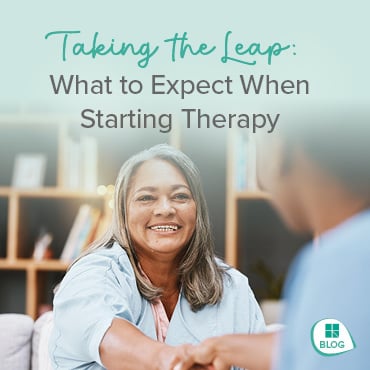
Deciding to begin therapy with a psychologist can be a significant step toward better mental health and well-being. It’s natural to feel a mix of emotions—anticipation, anxiety, and perhaps even curiosity. If you’re considering therapy but aren’t quite sure what to expect, we’re here to guide you through your first session and discuss how long your journey might last.
Inpatient Care: A Safe Haven for Healing, Not a Scary Place
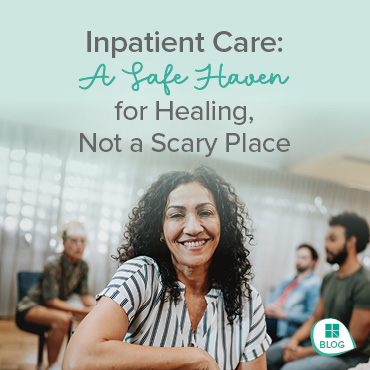
Sometimes, life throws us curveballs. We might find ourselves struggling with overwhelming mental health challenges, and outpatient treatment just isn't enough. The idea of an inpatient stay can trigger fear and uncertainty. Maybe you've seen portrayals in movies or scary films of stark, impersonal institutions. But the reality is far different. Inpatient care at Ramsay Mental Health is a caring, safe and supportive environment designed specifically to help you heal.
Just Another One: The Hidden Struggle of the High-Functioning Alcoholic
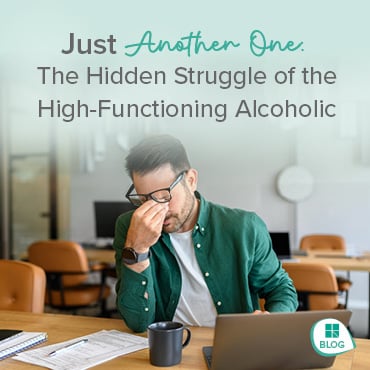
For many, the image of an alcoholic is someone whose life has visibly crumbled around them. But the reality is far more nuanced. There's a silent epidemic of "high-functioning alcoholics" – individuals who maintain successful careers, families, and social lives, all while battling a hidden addiction.
Trapped in the Storm: Recognising and Escaping Toxic Relationships
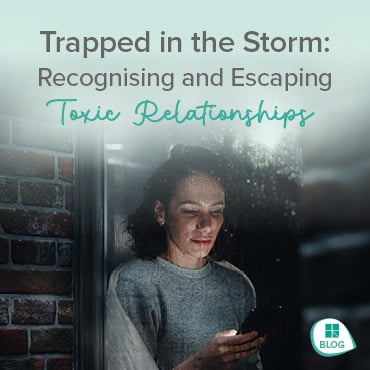
Relationships are meant to be sources of support, love, and growth. But what happens when they become draining, manipulative, or even abusive? These are the hallmarks of a toxic relationship, and they can have a devastating impact on your mental well-being.
Finding Your Perfect Match: Why the Therapist-Client Connection Matters

Therapy. It's a word that can conjure up images of leather couches and probing questions. But what if we told you the key to successful therapy isn't just about finding the right technique, but finding the right person to guide you?
Mirror, Mirror on the Wall: Body Dysmorphia - The Ugly Truth
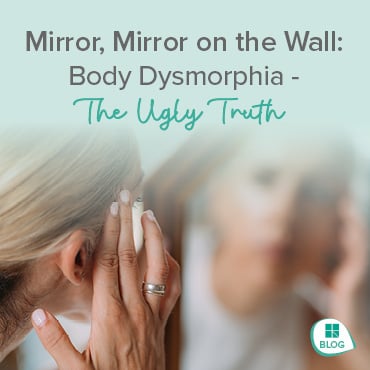
We all have moments of self-doubt when we look in the mirror. But for some, this self-criticism becomes a relentless obsession, warping their perception of their own body. This is the harsh reality of Body Dysmorphia (BDD), a mental health disorder that can have a devastating impact on a person's life.
Navigating the Festive Season Sober: Tips and Support for a Joyful, Alcohol-Free Celebration

For those who choose to stay sober—whether for personal, health, or recovery-related reasons—the festive season can bring unique challenges. While the end-of-year celebrations often centre around alcohol, navigating them without drinking is entirely possible and can be rewarding. Here’s a guide to help you or a loved one enjoy a sober season, feel supported, and cope with any social pressures.
The Teen Brain: A Wild Ride For Everyone

The teenage years can feel like an emotional rollercoaster, not just for teens but for those that care about them. While some teens might seem more withdrawn or moody, others may show their struggles through anger or frustration. These shifts aren’t just about “teenage behaviour”—they can often reflect deeper mental health challenges. Whether it’s subtle changes or more noticeable mood swings, understanding and responding to your teen’s emotional world is key to supporting them during this critical phase of life.
Navigating Mental Health Services for Your Teen: A Parent’s Guide
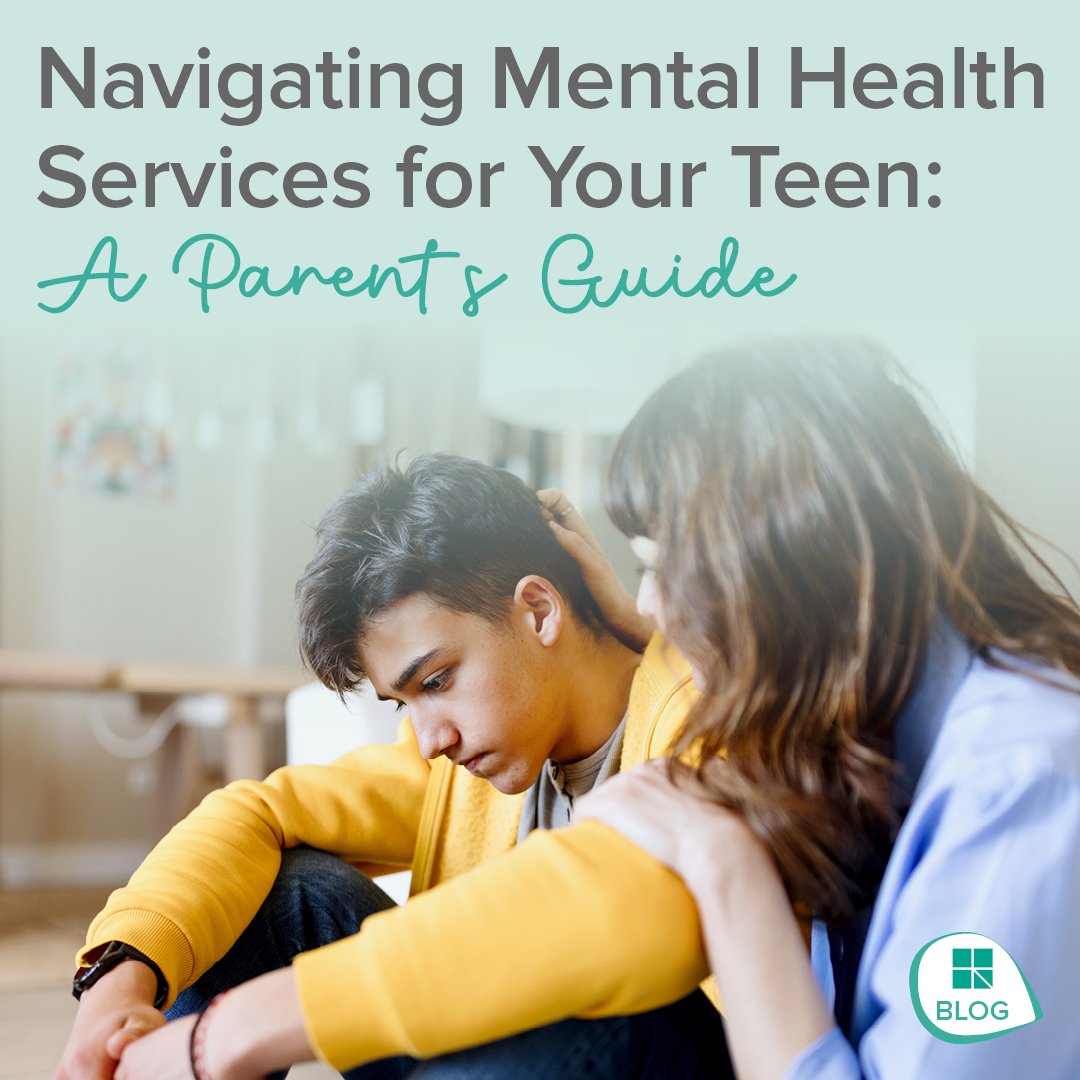
Watching your teenager struggle with their mental health can be heartbreaking. The child you once knew—so full of life and energy—may now be distant, anxious, or overwhelmed by emotions they can’t fully explain. As parents, it’s natural to feel confused, worried, and even powerless. But you’re not alone, and by seeking help and information, you're already showing great strength.
Navigating the Mental Health Waiting Period Exemption: What You Need to Know
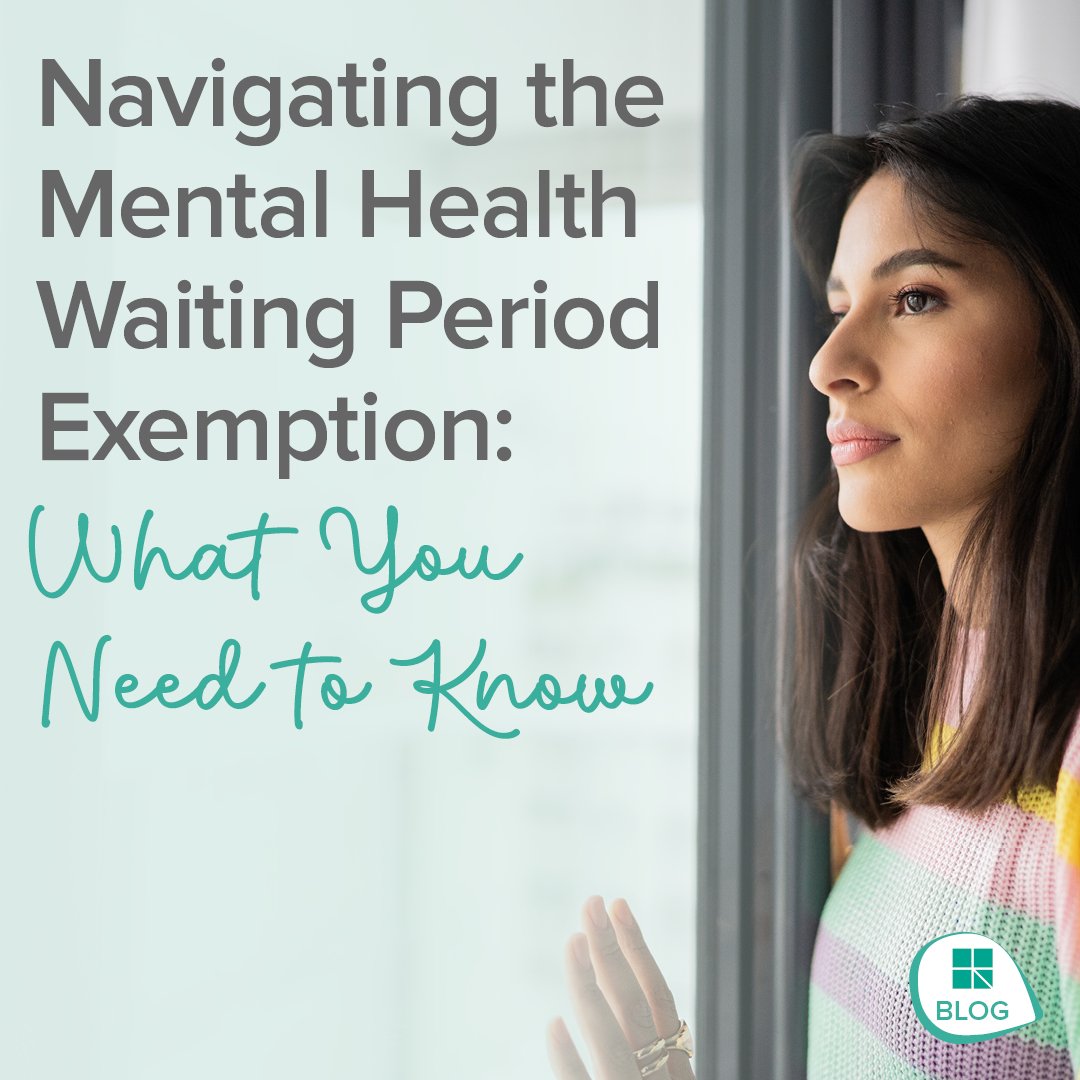
Taking the first step toward mental health support is incredibly brave. Whether you're battling anxiety, depression, bipolar disorder, or addiction, getting timely access to care could make all the difference. That’s where the Mental Health Waiting Period Exemption comes into play. It could be your key to faster, more accessible psychiatric care (1).
Ramsay Clinic Gold Coast unveils new dedicated detox program
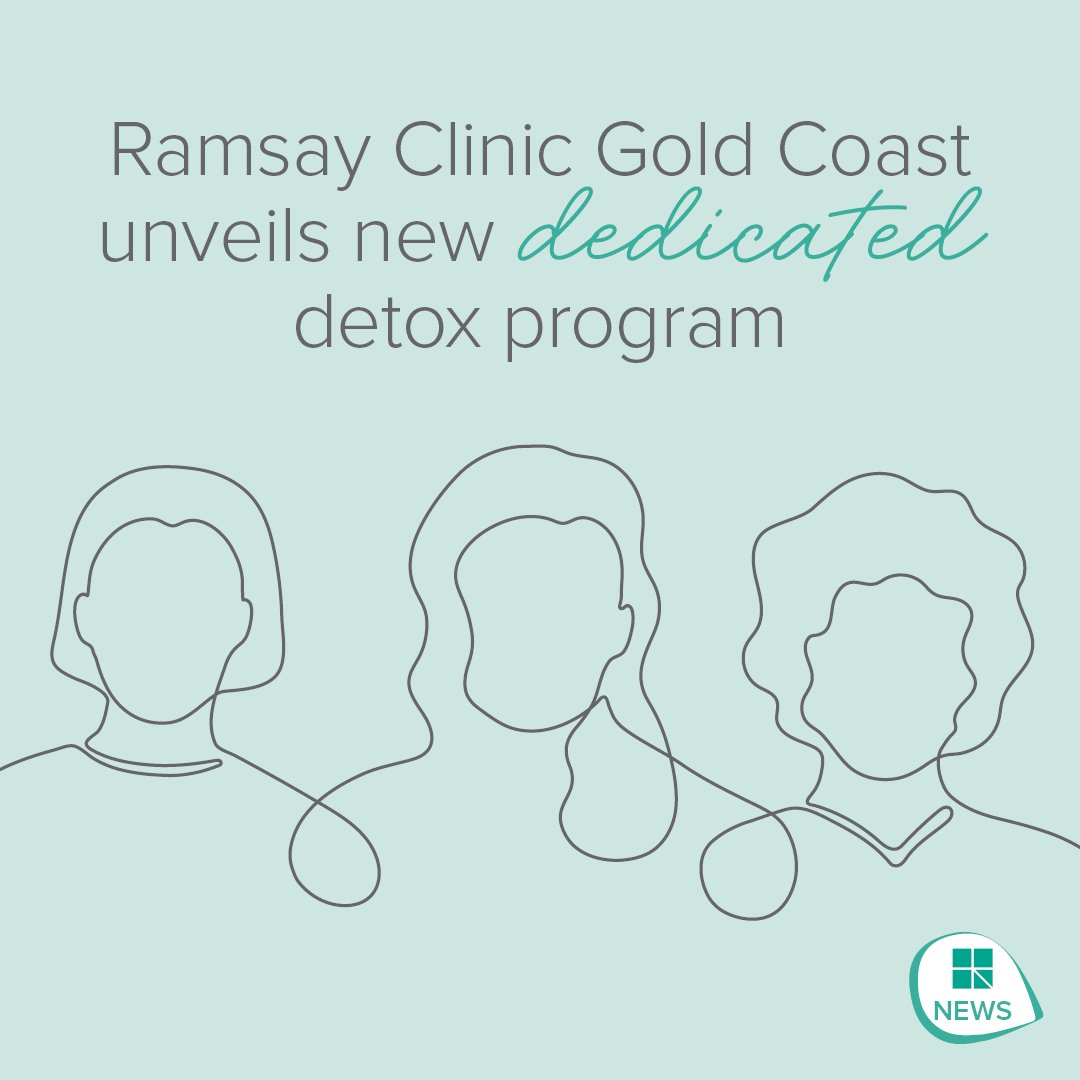
Ramsay Clinic Gold Coast has launched a new detox program to help Gold Coast locals safely undergo alcohol detox and begin their recovery process. The new program is housed in a dedicated, eight-bed, secure, medically supervised alcohol withdrawal inpatient unit.
Men’s Health Week: A Spotlight on Mental Wellness for Men

This week marks the 30th anniversary of International Men’s Health Week, an event that aims to highlight the factors affecting men’s health and raise awareness about the support and services available to meet these needs.
Navigating Trauma Triggers

When the News Hits Too Close to Home: Navigating Trauma Triggers in Today's World.
Healing after the storm:recognising trauma

Life can be unpredictable, and sometimes we experience events that leave us feeling shaken and unsafe.
Our thoughts are not fact!

Our brains process tens of thousands of thoughts every day. Some are positive and others are not.
Look to the future: how goal setting can boost your mental wellbeing

Life can get monotonous sometimes. You might feel like you’re living the same day over and over but change seems too hard, too distant or too much work.
Relationships: how to have healthy connections with the ones you love

Relationships are one of the four pillars that support our mental health. Feeling connected to others and having people in our life who we trust and can count on is critical to a sense of belonging and wellbeing.
Losing altitude in your mental health? Fit your own mask first

If you’ve ever been on a plane, you know the drill: in an emergency, if an oxygen mask appears above you, always fit your own before helping others.
Want to feel great? Try gratitude

If it hasn’t been your day, your week, your month or even your year, it’s easy to feel like nothing in your life is worth being grateful for.
Deeper meaning: it’s much more than happiness

People have asked since the dawn of time, ‘What is the meaning of life?’ While that question may not ever be answered, one thing is true: finding your own meaning increases your sense of purpose – and it’s entirely up to you what meaning is.
Beating burnout

Burnout and occupational stress are affecting more Australians than ever, with record numbers reporting burnout symptoms following the peak of the coronavirus pandemic. So what is burnout, and how can you protect yourself against it?
Understanding ADHD in Adults and Children
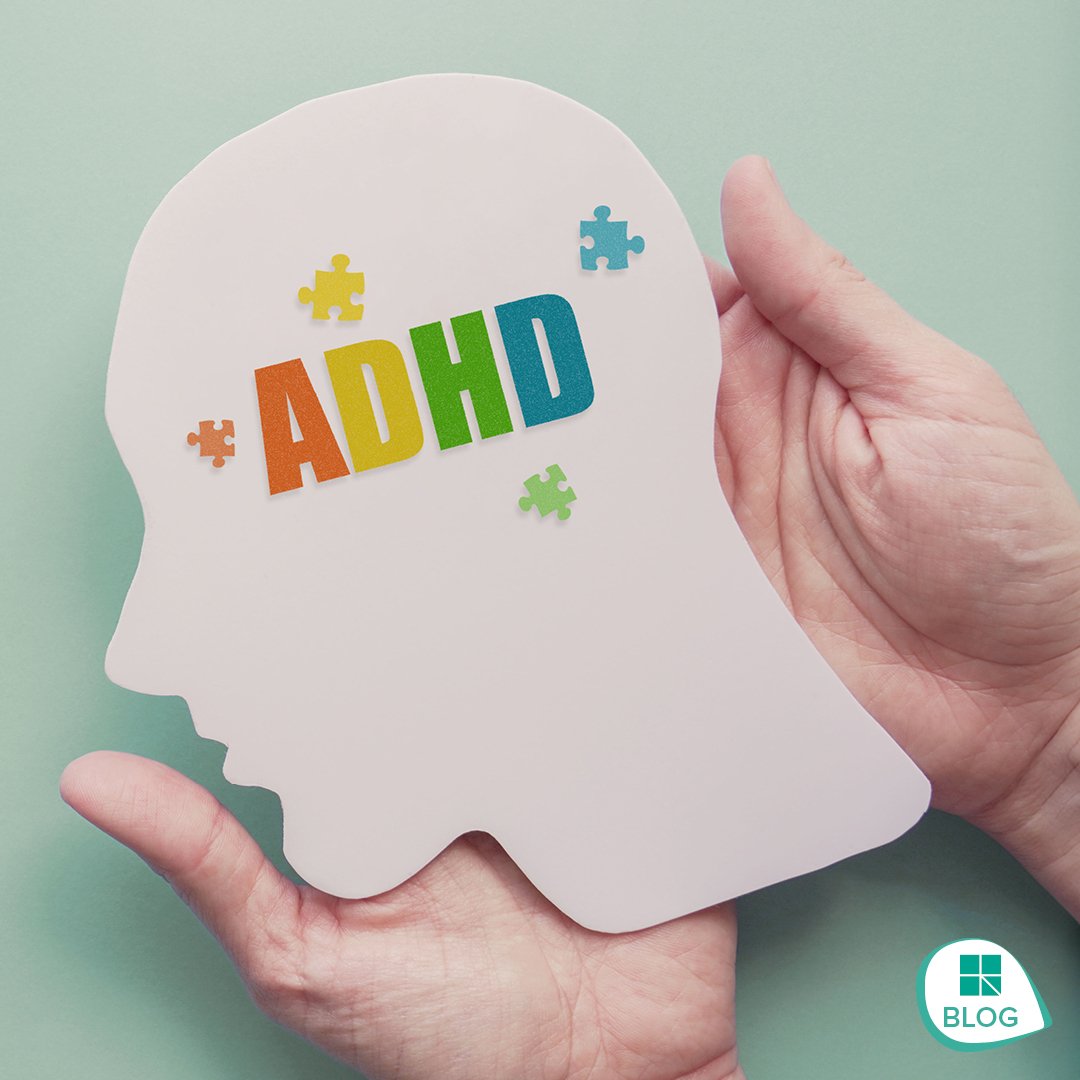
Have you ever felt like your mind races even when you're trying to focus? Maybe you constantly misplace things or blurt things out before thinking? These could be signs of Attention Deficit Hyperactivity Disorder, or ADHD.
Be Mindful of your Mental Wellbeing over Christmas

The end of a calendar year and Christmas often arrives like a crescendo – a build-up of work to be completed before a break, a peak of school stress, seasonal parties and events to juggle, gifts to buy, holidays to organise and not enough time in the week to do it all.
Coping with family during the festive season

With Christmas rapidly approaching some of you may be starting to feel a little trepidation at the thought of spending extra time with the extended family.
Managing End of Year Stress

As we approach the end of the year many of us can feel a build up of pressures at work and at home.
PTSD in women requires complex, compassionate care

You’ve probably heard of Post-Traumatic Stress Disorder, commonly known as PTSD. But what’s less well-known is the unique causes and treatment needs in cases of PTSD in women – and if you are a woman, your risk of PTSD is doubled.
Treating trauma in women with the four pillars of health

It’s easy to think of trauma as something purely psychological – but treating only the mind can miss a whole raft of symptoms and concerns.
Trauma-informed care for women: why it’s different and so desperately needed

Women are disproportionately affected by trauma-related mental health conditions. That’s why women’s only spaces are essential to treat them in safety and peace.
More than money

As inflation increases and interest rates rise, more and more Australians are at risk of experiencing financial stress. While it may seem like it’s all about the money, financial stress has significant mental and physical health risks as well.
Psychologists and psychiatrists

While psychologists and psychiatrists both specialise in caring for people with mental health concerns, there are some major differences between the two fields. The most significant difference is that a psychiatrist is a medical doctor who has specialised in psychiatry, and a psychologist is not a doctor.
Substance misuse and addiction

Knowing the signs can help you identify a substance abuse issue in yourself or someone you care about.
Mental Health Treatment Plans

Under Medicare, people experiencing mental health issues can access a Mental Health Treatment Plan from their GP, which helps with the cost of therapy or other services.
Stress or burnout

After a couple of ‘unprecedented’ years, including dramatic changes in how we live, work and interact, it’s natural that stress has become a greater factor in many people’s lives. Here’s how to understand the signs, effects and ways of managing stress and burnout.
What is mental illness?
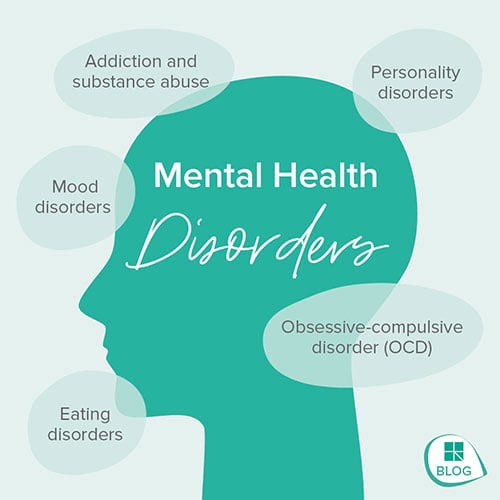
The term ‘mental illness’ refers to a group of conditions that affects mental health and wellbeing. Mental illnesses affect how a person interacts with the world and with other people. This can include how someone thinks, feels, and behaves. A mental illness diagnosis is made by a professional using specific criteria.
What is a panic attack?

Panic attacks can be scary, but , with the right tools, they can be managed effectively. Here are the signs, symptoms, and common treatment options.
Do I have depression?

If you’re wondering, it might be time to reach out for help. Learn the signs, symptoms, and common treatment approaches of depression.
‘Cardiac Blues’

Did you know that after an acute cardiac event such as a heart attack or cardiac surgery half of patients are anxious or depressed?
Addicted to bad news

Often find yourself ‘down the rabbithole’, scrolling through negative stories, articles and posts for hours on end? If the news is making you feel anxious, it might be time to unplug from your phone for a while.
Catch your breath

Anxiety is one of the most common reasons Australians see their doctor. If you’re feeling anxious and want some tools to help you reframe and refocus, meditation and mindfulness exercises could help.
Can’t sleep? Sleeping too much?

Sleep is linked to our mental health and wellbeing in so many ways: mental health concerns or challenging times can cause us to over- or under-sleep, and sleep issues can also exacerbate mental health conditions such as anxiety.
Post Traumatic Stress Disorder (PTSD)

Post Traumatic Stress Disorder is much more common than many people may think. It affects approximately 25% of people who are exposed to traumatic events, and can prolong trauma for many years after the initial trauma. But there is hope for recovery with the right help.
Depression: more common than you think

Depression affects one in six people at some point in their lifetime, yet fewer than half those affected ever access treatment. Here is how to identify symptoms and connect yourself or a loved one with the right support.
Social Anxiety

With end of year celebrations coming up and many of us coming out of lockdowns, social anxiety, the fear of social situations, can be very common -- even if you've never experienced it before.
Holiday Coping Strategies

They tell us the holidays should be a time filled with joy, happiness, and connection. Although, for a lot of people it doesn’t always feel this way, and with COVID case numbers continuing to rise nationwide, so do the levels of stress and anxiety a lot of us are already feeling.
Australia’s most widely-used recreational drug

Alcohol affects everyone in different ways. The way it affects you can be impacted by your age, size, how much you drink usually and your health, but no matter who you are, overuse of alcohol can cause issues.
Anxiety: why people get it, and how to manage it

Anxiety is a normal emotion that helps protect humans from danger. When you sense you are in danger, your body releases of large amounts of the hormone adrenaline to make you more alert, increases your heart rate to help you move blood to the large muscles of your body, and increases your breathing rate to help you take in more oxygen.
The truth about addiction in Australia

If addiction is affecting your family, you’re not alone. In fact, one in 20 Australian deaths last year was caused by alcohol or illicit drugs. Addictions are often undetectable until the addicted person has reached crisis point, causing untold suffering for both the addicted person and their loved ones.
Teen screen addiction

Teens are using their smartphones and other devices more than ever. Melbourne mental health experts are now treating teenagers who show signs of addiction to technology.
Pregnancy and early parenthood in a Pandemic

Being pregnant leaves women at risk of increased anxiety and other mental health complications, but this has become more common as a result of the impacts of the coronavirus pandemic.